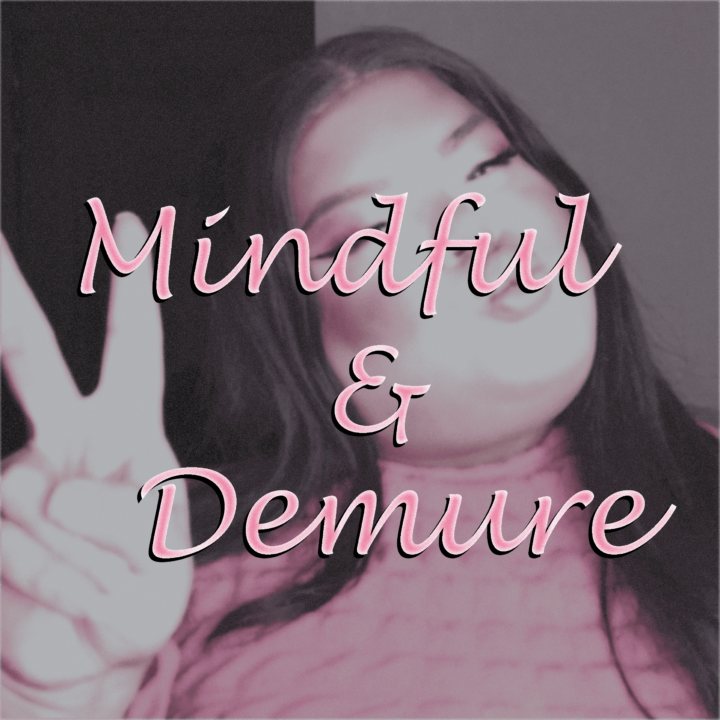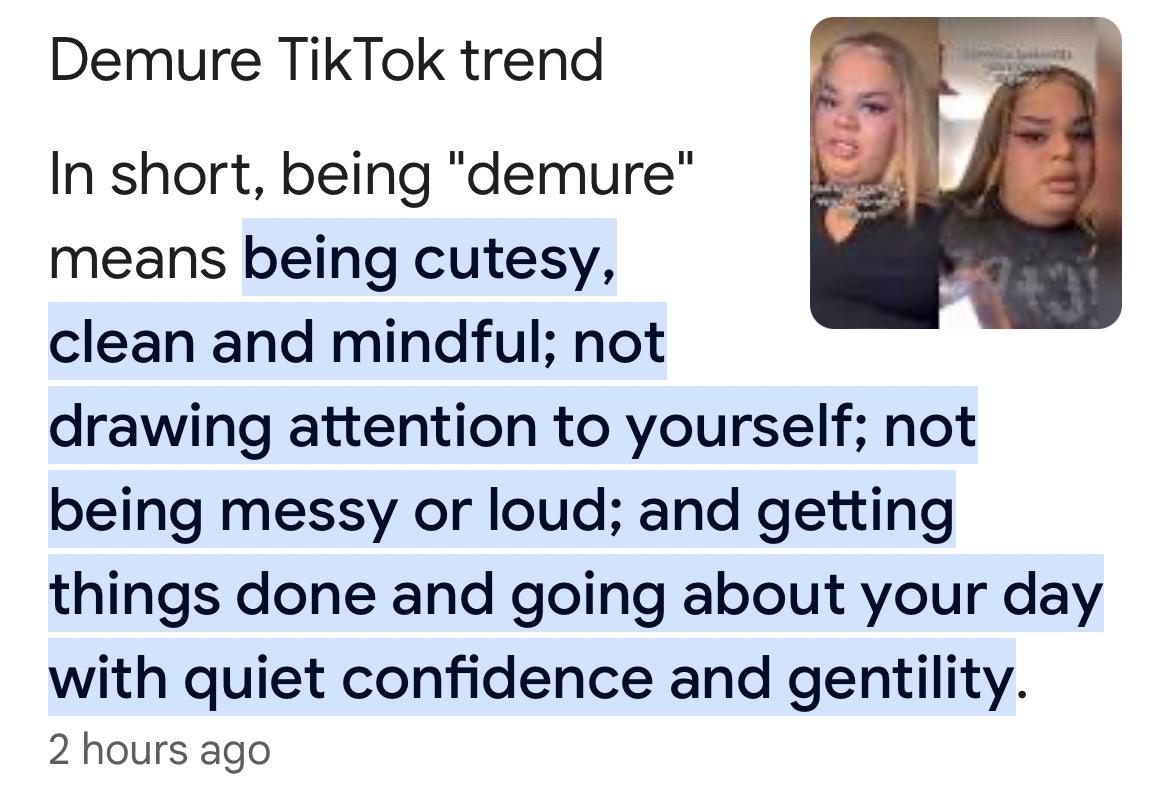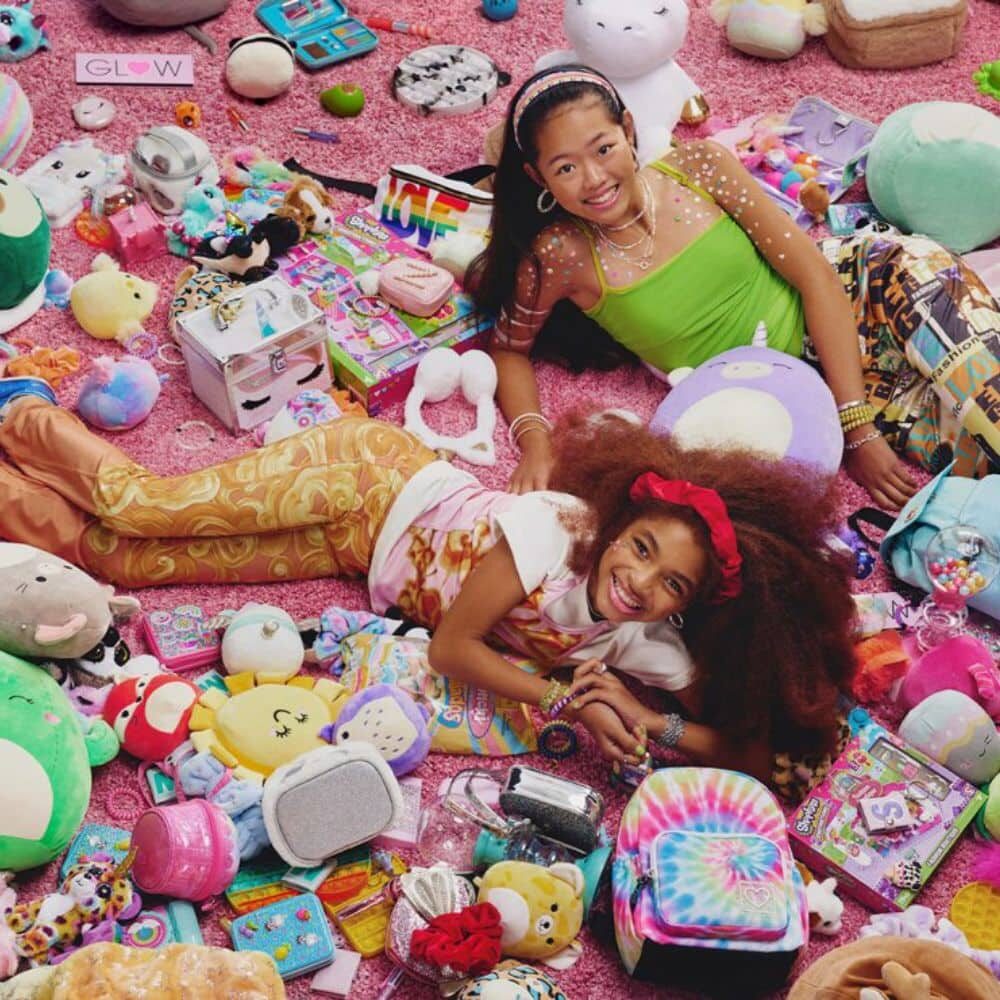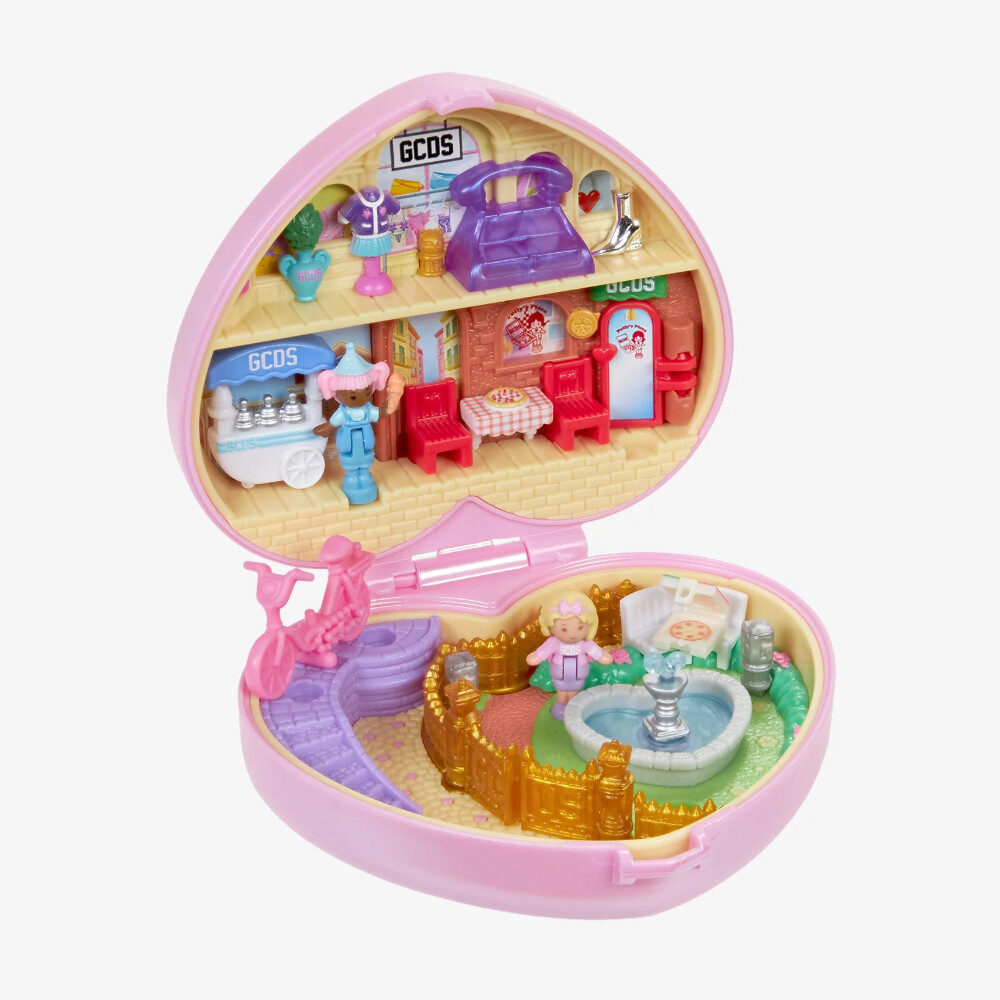
How “Very Mindful, Very Demure” Became the Internet’s Latest Phrase
Because nothing says “I’m totally unbothered” like meticulously curated restraint. The internet, a wild and unpredictable beast, never fails to surprise with the phrases it decides to bless—or curse—us with. This time, it’s the delightful “very mindful, very demure,” a phrase that’s somehow managed to infiltrate our collective consciousness, especially on TikTok, turning everything from ordering a coffee to getting dressed for work into an exercise in exaggerated modesty. But where did this all start, and why can’t we seem to stop saying it? The credit for this particular gem goes to Jools Lebron, a makeup artist who, on August…
TEXT
Because nothing says “I’m totally unbothered” like meticulously curated restraint.
The internet, a wild and unpredictable beast, never fails to surprise with the phrases it decides to bless—or curse—us with. This time, it’s the delightful “very mindful, very demure,” a phrase that’s somehow managed to infiltrate our collective consciousness, especially on TikTok, turning everything from ordering a coffee to getting dressed for work into an exercise in exaggerated modesty. But where did this all start, and why can’t we seem to stop saying it?

The credit for this particular gem goes to Jools Lebron, a makeup artist who, on August 6, 2024, decided to school us all in how to behave at work. With a smirk, she sat in her car and launched into a now-iconic spiel about keeping things low-key at the office. “You see how I do my makeup for work? Very demure, very mindful,” she quipped, setting the tone for what would become an internet sensation. Her video, dripping with satire, poked fun at the absurd standards women are often expected to meet—standards that demand you look perfect, but not too perfect, professional but not boring, and above all, demure.
The joke, of course, lies in the sheer effort required to appear effortlessly restrained. Lebron’s mocking delivery, combined with the ridiculousness of her claims (because honestly, who’s got time to worry about their neckline showing “only a little chi-chi, not my cho-cho” before clocking in?), resonated with millions. Suddenly, “very demure” was everywhere, slapped onto videos of people doing the most ordinary things but with an air of faux-seriousness that’s just too good to resist.

As the phrase spread, it became a sort of satirical badge, worn proudly by those in on the joke. The beauty of “very mindful, very demure” lies in its flexibility—whether you’re sipping tea or sitting on the Tube, you too can be demure and mindful, or at least pretend to be. And isn’t that what this whole trend is really about? The performative nature of it all, the sly wink to the fact that we’re all just playing along in this bizarre, socially constructed game of appearances.
But beneath the humour, there’s something more. “Very mindful, very demure” isn’t just a funny phrase; it’s a subtle middle finger to the societal expectations that continue to police women’s behaviour. By exaggerating these standards to the point of absurdity, the phrase cleverly undermines them. It’s not just about being demure; it’s about showing that the very idea of demureness as a virtue is laughable, especially when applied to situations that are, frankly, mundane.
The trend didn’t stop with Lebron’s original video, either. Like all good internet phenomena, it evolved, with other TikTokers taking the phrase and running with it. Suddenly, everything was demure—brushing your teeth, eating a sandwich, even the way you tie your shoes. The more mundane the activity, the funnier the label became, as if to highlight the ridiculousness of trying to be demure in every waking moment.

There’s a certain rebelliousness to the whole thing, a quiet (or maybe not so quiet) defiance against the “clean girl” aesthetic that’s dominated social media. If that trend was all about effortless perfection, “very demure, very mindful” is about the opposite—it’s about exposing the effort and laughing at the idea that any of it really matters. It’s a perfect counter to the rise of the “tradwife” movement too, with its nostalgic longing for a time when women’s roles were more defined (and more limiting). By taking the piss out of these ideals, the trend offers a fresh perspective that’s sorely needed in an online space often dominated by unattainable ideals.
___STEADY_PAYWALL___
But let’s not pretend it’s all that deep. As Lebron herself pointed out, the whole thing is a joke—a bit of fun, meant to be taken with a large pinch of salt. Sure, it’s got layers, and yes, it’s sparked some interesting conversations about gender norms and societal expectations, but at the end of the day, it’s just a bit of banter, something to laugh about as we scroll through our feeds.

Still, the rise of “very mindful, very demure” is a fascinating look at how quickly a phrase can go from a single offhand comment to a viral sensation. It’s a reminder of the power of social media to shape our language and, by extension, our culture. TikTok, with its rapid-fire format and algorithmic magic, has become the breeding ground for these kinds of trends, where anything—from a dance move to a throwaway comment—can become the next big thing.
So here we are, in a world where being “very mindful, very demure” has become the ultimate in-joke, a phrase that’s as much about poking fun at ourselves as it is about critiquing the world we live in. Whether it’s here to stay or just another blip in the ever-turning wheel of internet culture, it’s had its moment, and it’s been a good laugh. Because if there’s one thing we all need a bit more of, it’s the ability to laugh at the ridiculousness of it all—demurely, of course.
Because nothing says “I’m totally unbothered” like meticulously curated restraint.
The internet, a wild and unpredictable beast, never fails to surprise with the phrases it decides to bless—or curse—us with. This time, it’s the delightful “very mindful, very demure,” a phrase that’s somehow managed to infiltrate our collective consciousness, especially on TikTok, turning everything from ordering a coffee to getting dressed for work into an exercise in exaggerated modesty. But where did this all start, and why can’t we seem to stop saying it?

The credit for this particular gem goes to Jools Lebron, a makeup artist who, on August 6, 2024, decided to school us all in how to behave at work. With a smirk, she sat in her car and launched into a now-iconic spiel about keeping things low-key at the office. “You see how I do my makeup for work? Very demure, very mindful,” she quipped, setting the tone for what would become an internet sensation. Her video, dripping with satire, poked fun at the absurd standards women are often expected to meet—standards that demand you look perfect, but not too perfect, professional but not boring, and above all, demure.
The joke, of course, lies in the sheer effort required to appear effortlessly restrained. Lebron’s mocking delivery, combined with the ridiculousness of her claims (because honestly, who’s got time to worry about their neckline showing “only a little chi-chi, not my cho-cho” before clocking in?), resonated with millions. Suddenly, “very demure” was everywhere, slapped onto videos of people doing the most ordinary things but with an air of faux-seriousness that’s just too good to resist.

As the phrase spread, it became a sort of satirical badge, worn proudly by those in on the joke. The beauty of “very mindful, very demure” lies in its flexibility—whether you’re sipping tea or sitting on the Tube, you too can be demure and mindful, or at least pretend to be. And isn’t that what this whole trend is really about? The performative nature of it all, the sly wink to the fact that we’re all just playing along in this bizarre, socially constructed game of appearances.
But beneath the humour, there’s something more. “Very mindful, very demure” isn’t just a funny phrase; it’s a subtle middle finger to the societal expectations that continue to police women’s behaviour. By exaggerating these standards to the point of absurdity, the phrase cleverly undermines them. It’s not just about being demure; it’s about showing that the very idea of demureness as a virtue is laughable, especially when applied to situations that are, frankly, mundane.
The trend didn’t stop with Lebron’s original video, either. Like all good internet phenomena, it evolved, with other TikTokers taking the phrase and running with it. Suddenly, everything was demure—brushing your teeth, eating a sandwich, even the way you tie your shoes. The more mundane the activity, the funnier the label became, as if to highlight the ridiculousness of trying to be demure in every waking moment.

There’s a certain rebelliousness to the whole thing, a quiet (or maybe not so quiet) defiance against the “clean girl” aesthetic that’s dominated social media. If that trend was all about effortless perfection, “very demure, very mindful” is about the opposite—it’s about exposing the effort and laughing at the idea that any of it really matters. It’s a perfect counter to the rise of the “tradwife” movement too, with its nostalgic longing for a time when women’s roles were more defined (and more limiting). By taking the piss out of these ideals, the trend offers a fresh perspective that’s sorely needed in an online space often dominated by unattainable ideals.
___STEADY_PAYWALL___
But let’s not pretend it’s all that deep. As Lebron herself pointed out, the whole thing is a joke—a bit of fun, meant to be taken with a large pinch of salt. Sure, it’s got layers, and yes, it’s sparked some interesting conversations about gender norms and societal expectations, but at the end of the day, it’s just a bit of banter, something to laugh about as we scroll through our feeds.

Still, the rise of “very mindful, very demure” is a fascinating look at how quickly a phrase can go from a single offhand comment to a viral sensation. It’s a reminder of the power of social media to shape our language and, by extension, our culture. TikTok, with its rapid-fire format and algorithmic magic, has become the breeding ground for these kinds of trends, where anything—from a dance move to a throwaway comment—can become the next big thing.
So here we are, in a world where being “very mindful, very demure” has become the ultimate in-joke, a phrase that’s as much about poking fun at ourselves as it is about critiquing the world we live in. Whether it’s here to stay or just another blip in the ever-turning wheel of internet culture, it’s had its moment, and it’s been a good laugh. Because if there’s one thing we all need a bit more of, it’s the ability to laugh at the ridiculousness of it all—demurely, of course.

Enjoyed this story? Support independent gaming and online news by purchasing the latest issue of G.URL. Unlock exclusive content, interviews, and features that celebrate feminine creatives. Get your copy of the physical or digital magazine today!










